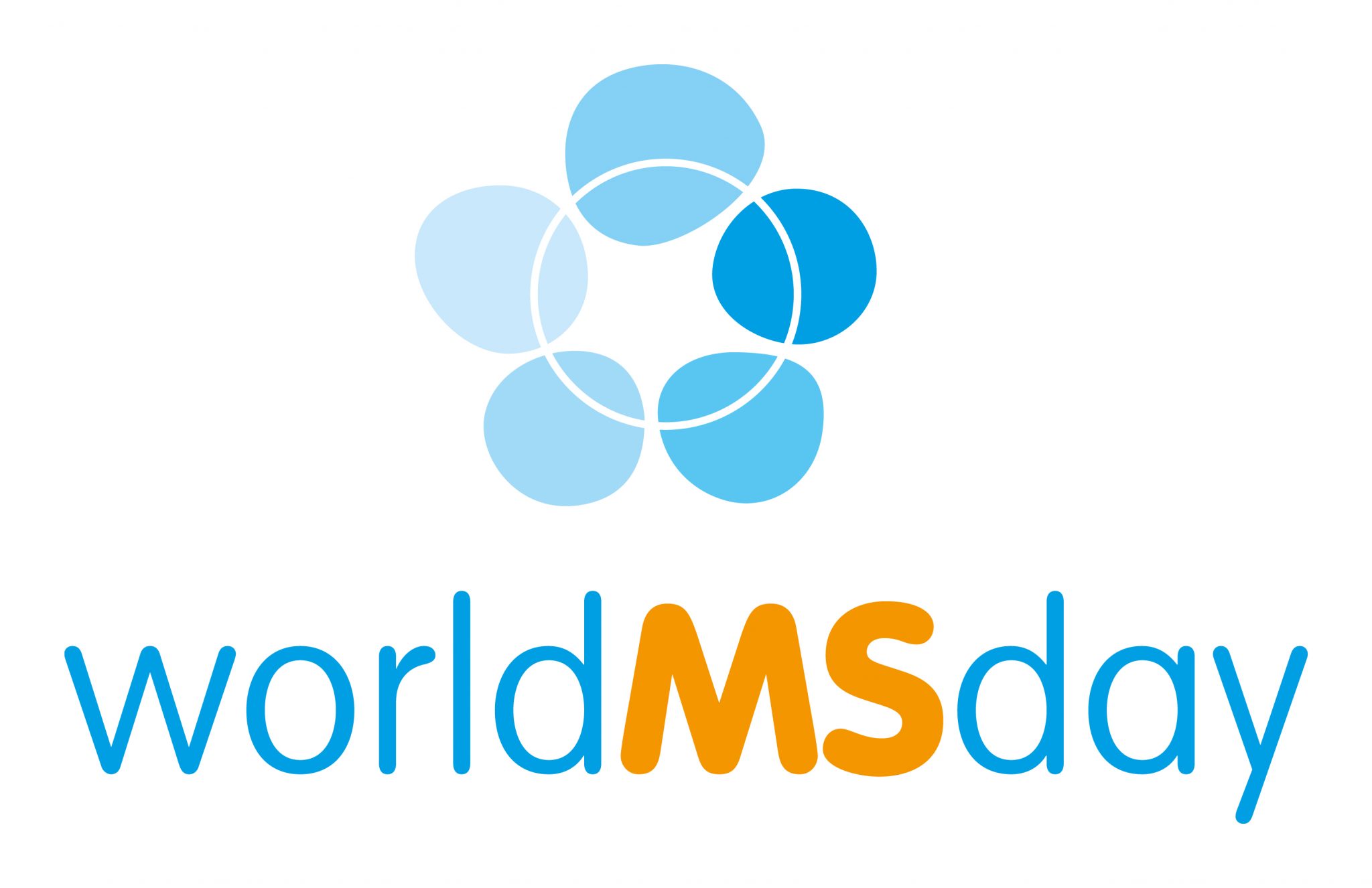
It’s time for some Multiple Sclerosis awareness! Around 2.3 million people are diagnosed with MS worldwide, and one in twenty Australians will be affected by MS in their lifetime – either personally or through a family member or friend. But what is MS, and how does it affect the people who have it?
-
MS starts with a dysfunctional immune system.
If an electrical cord loses its plastic coating, the exposed wires are dangerous and can’t function as intended. Multiple Sclerosis happens when a person’s own immune system starts eating away at the protective coating around their nerves, called the myelin sheath. This means that the nerve signals start getting interrupted, which causes a wide range of symptoms.
-
MS looks different for everybody.
Symptoms depend on which part of the nervous system is attacked by the immune system, and how bad the damage is. The two main ways the symptoms occur is in a relapsing-remitting form, where people with MS have symptoms that improve (sometimes almost completely) and then return; or the progressive form, where people get gradually worse.
-
There is a wide range of symptoms.
There are 5 main areas that people with MS are affected:
- Neuro-psychological symptoms – MS can cause difficulties with memory, depression, trouble with thought processes, and interfere with other brain processes.
- Motor control – loss of control over muscles sometimes results in weakness and reduced function in limbs. Some people with MS can struggle with their balance and coordination.
- Fatigue – people with MS sometimes struggle with feeling tired and lethargic, and occasionally can have sensitivity to heat.
- Continence problems – Some people with MS might struggle to hold on to their urine, or might have constipation or other bowel-related issues.
- Neurological issues – some neurological issues might include feelings of dizziness and vertigo, pins and needles, and issues with eyes.
-
It often affects young, otherwise healthy people.
While Multiple Sclerosis can happen at any age, most people are diagnosed between the ages of 20 – 40. MS occurs in women about twice as often as in men. There does appear to be some genetic link, as the odds of having MS are increased if a family member has also been diagnosed. Some researchers have linked viral infections with relapsing of symptoms.
-
It’s currently incurable.
Treatments for MS focus around managing symptoms and shortening the attacks, as we currently have no way to cure the condition. The most common types of medication used are immunotherapy drugs, corticosteroids, or direct treatments for symptoms. The aim is to help slow down the rate that the disease progresses, and ease symptoms.
-
There are a lot of costs associated with helping MS patients and researchers.
Aside from medication, there is a range of treatments and professionals who can help a person with Multiple Sclerosis. People with MS might benefit from physiotherapists, occupational therapists, speech therapists, nurses, social workers, eye specialists, or neuropsychological therapists who can help with symptoms that affect the brain. Research is ongoing and focuses on developing treatments for symptoms and finding a cure.
If you would to discuss MS further, or if you have any concerns about symptoms that you or someone you know is experiencing, talk to your GP. You can click here to book an appointment.
